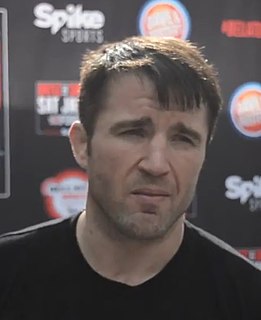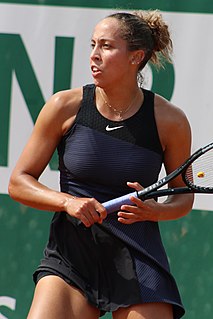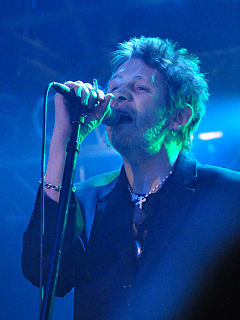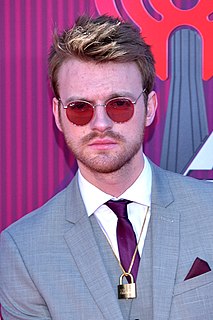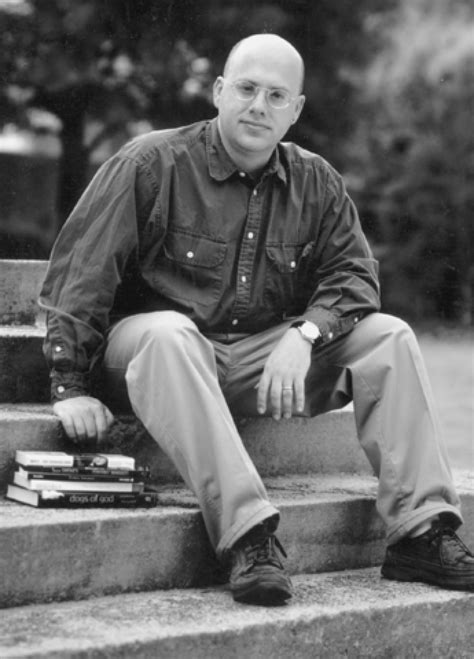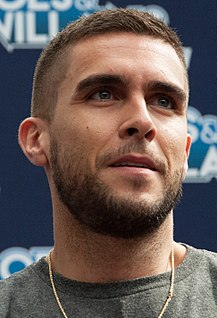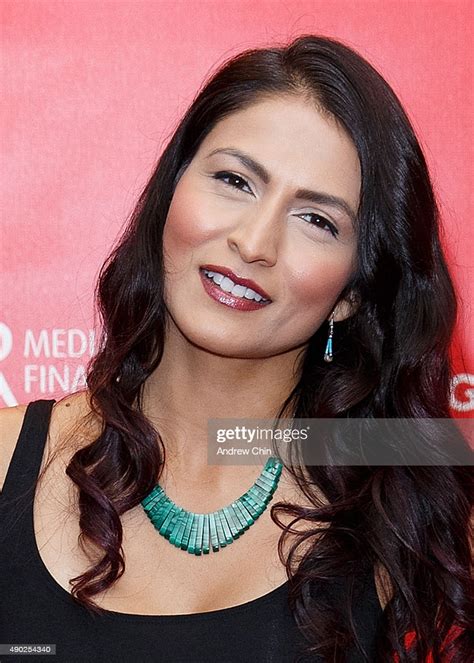A Quote by John Flansburgh
I think the biggest wrestling match-up I have is how to respond to the word "quirky." Or the alternate, "nerdy." Both are essentially benign to the reader, but if you're a writer just sort of involved in your creative process, they seem like very small motivations.
Related Quotes
I have a specific routine before every match. I like to grip my rackets, because I feel that someone else won't do it how I like them. But the biggest thing is that I don't like to stress about my match all morning. Twenty minutes before, I'll sit down and think about the game plan and warm up. And then I just play.
In the alternate reality where I wasn't involved at all, and I'd been like, just, sweating my way through, trying to have a music career for years? And then my sibling had one and I wasn't involved at all? I think I'd be very tortured by it. But the fact that we've had one in tandem makes a lot of sense.
How do you find a partner? Your crazy has to match their crazy. We're all crazy. We all have our things that make us special, make us nerdy. You just find the other person where their crazy matches your crazy. All of a sudden, you find somebody else, and the things that they think make them nerdy, you think make them cool.
I also love doing comedy. I just moved to L.A. last July. Before that, Vancouver is all about sci-fi, so I didn't get any comedy, whatsoever. But in L.A., people are like, "You don't look quirky enough," and I'm like, "I'm quirky. I'm the definition of quirky. How do you want me to look quirky." They have these little boxes that they put everyone in, so now I have to try to break the mold and get them to see me as being quirky.
I think that very often younger writers don't appreciate how much hard work is involved in writing. The part of writing that's magic is the thinnest rind on the world of creation. Most of a writer's life is just work. It happens to be a kind of work that the writer finds fulfilling in the same way that a watchmaker can happily spend countless hours fiddling over the tiny cogs and bits of wire. ... I think the people who end up being writers are people who don't get bored doing that kind of tight focus in small areas.




